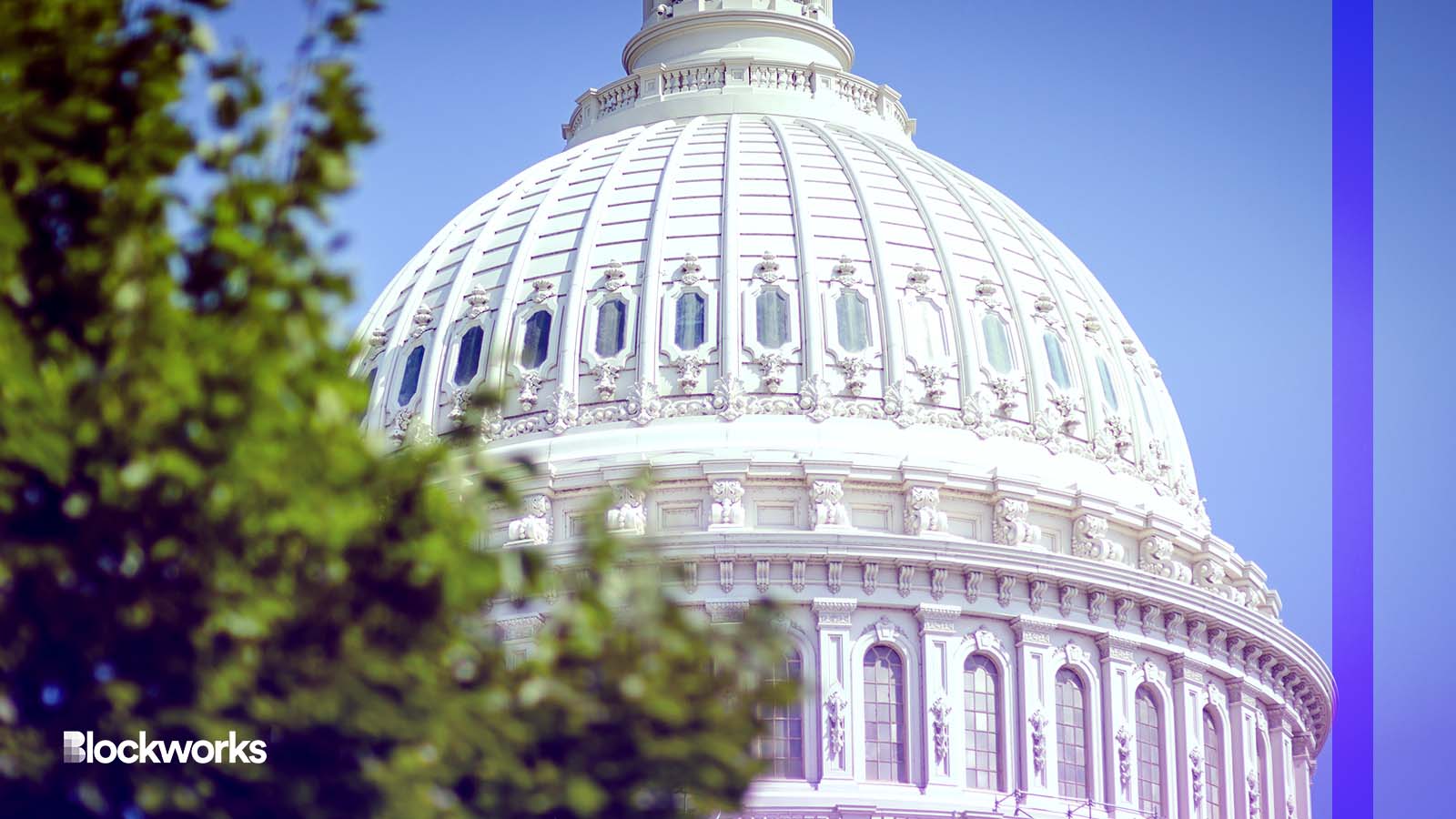Getting a crypto bill through Congress is only the first hurdle, policy expert says
Even if Congress does get its act together, the CFTC and SEC have known to drag out rulemaking for a decade

lazyllama/Shutterstock modified by Blockworks
Though congressional leaders have continued to spar over the best course of action for crypto regulation, getting a bill to the president’s desk may only be the start of the battle.
Federal policy expert Dorothy DeWitt cautoned crypto companies on Friday that even if policy advances, rules can take a decade or more to pass.
DeWitt served as former chief finance counsel to the Senate and former director of the CFTC’s division of oversight.
“Rulemaking takes forever,” DeWitt said during a panel in New York Friday at an event hosted by Lowenstein Sandler law firm and Rutgers law school.
DeWitt pointed to the Dodd Frank Act, which was published in 2010, but its final rules were not passed through the CFTC until 2021.
“It’s really hard to get folks who have little interest [and] little understanding and who are afraid of really complex issues to come together,” she said.
Read more: Crypto creates ‘perfect storm of investor risk’: SEC enforcement director
Panelist James Park, a professor at UCLA School of Law, said the SEC faces similar challenges when it comes to creating and enforcing rules around evolving technology like crypto. Plus, he said, there’s a simultaneous jurisdictional battle.
“There’s a question of ‘is it the SEC, the CFTC or something else?’” Park said. “Is there something about crypto that the current exchange rules, for example, are just not willing to work with respect to various crypto [companies]? And that’s something I think the SEC is going to have to figure out.”
DeWitt is no stranger to the Hill; she helped draft the Responsible Innovation Act, a bipartisan bill sponsored by Sens. Cynthia Lummis, R-Wyo., and Kirsten Gillibrand, D-N.Y., last session.
The bill has not made the rounds this Congress, but the senators have expressed interest in re-introducing a revised version.
The bill is “comprehensive,” DeWitt said, addressing consumer protection, market integrity, anti–terrorism policy and promoting innovation, all issues she deemed essential for such legislation to make it through Congress.
Get the news in your inbox. Explore Blockworks newsletters:
- The Breakdown: Decoding crypto and the markets. Daily.
- 0xResearch: Alpha in your inbox. Think like an analyst.






